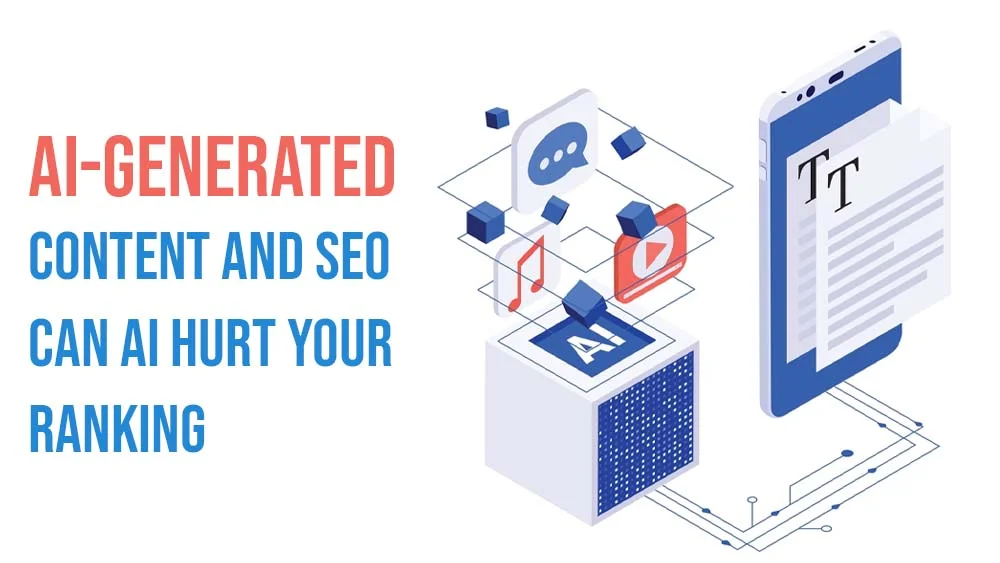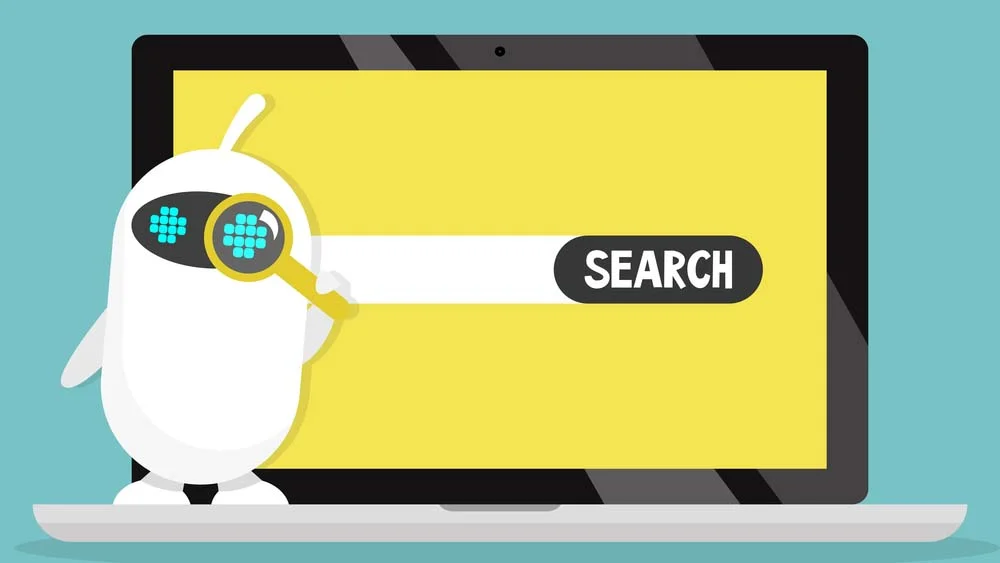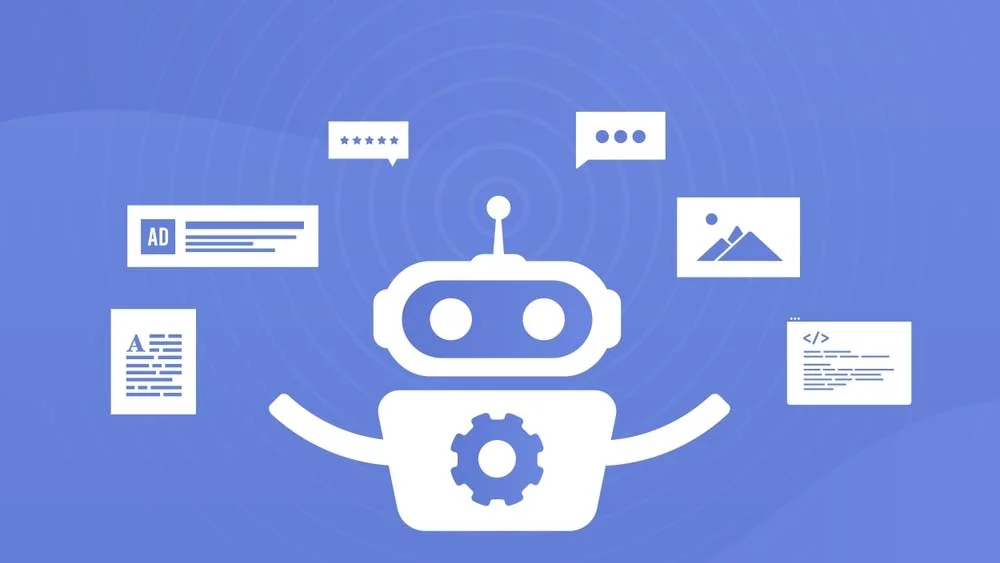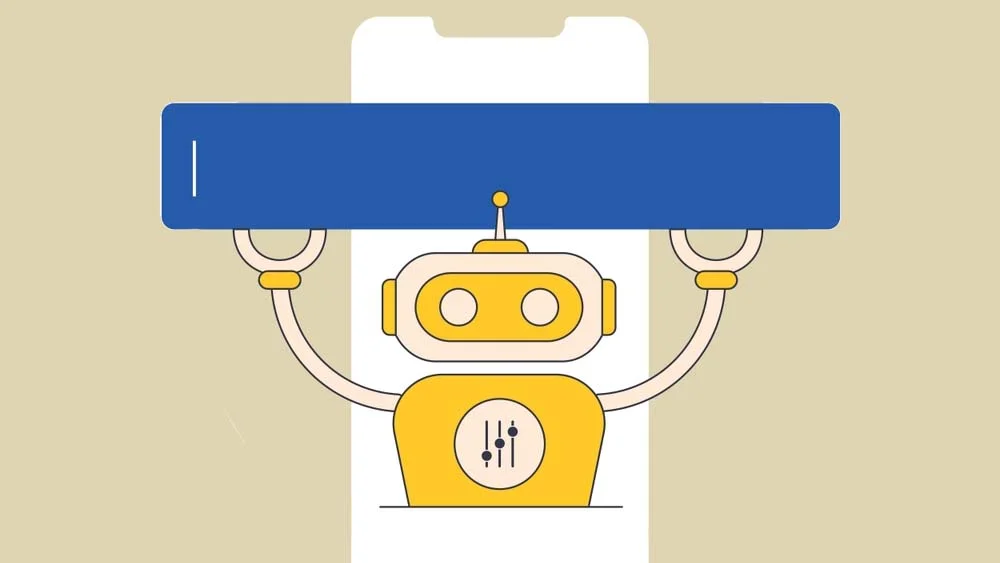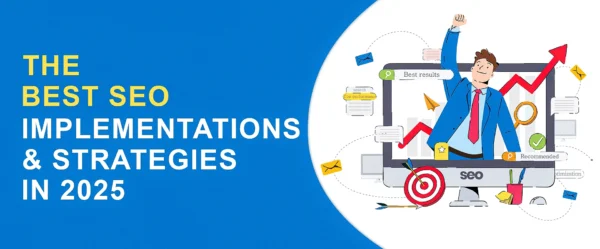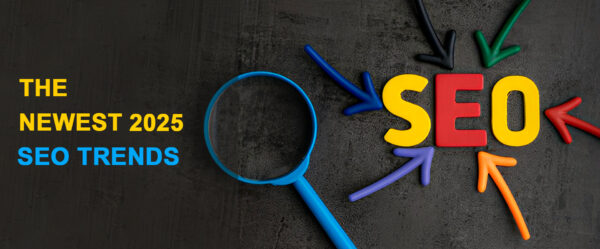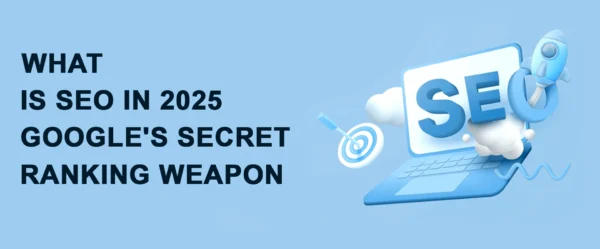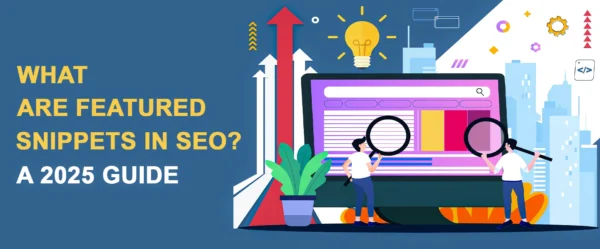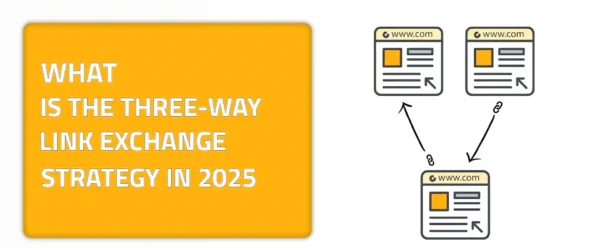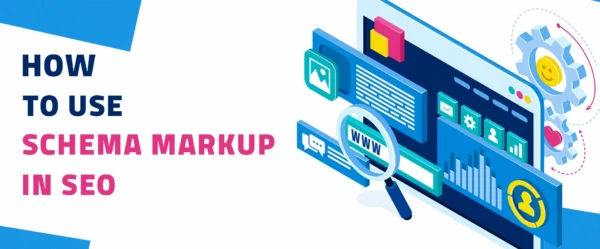Artificial intelligence has changed the whole game for content creation. It is now offering us tools that can write articles, generate social media posts (with emojis), and even create a whole marketing campaign for us. Many people are interested in learning more about AI-generated content and SEO. I know that there is a majority of human beings who fear the rise of AI and think that it will come along with Armageddon.
I am not saying that it will replace us humans. That is still debatable in some places, but in my opinion, it won’t. Why? Well, because I think AI is as advanced as it can get, if we don’t depend on it, our creativity will still never be matched by a robot.
We create them, so I don’t think Ultron will come to life any time soon. I know that Optimus (the new Cybercab robot driver) that was created by Elon Musk a few days ago is here, but again, I stand by my word. Businesses and marketers are leveraging AI to crank out large volumes of content quickly. However, as this technology grows in popularity, a pressing question emerges: Can AI-generated content hurt your SEO rankings?
While AI brings efficiency and cost savings, critics argue that the lack of a human touch may compromise content quality and user engagement. In this guide, we will explore together whether or not AI-generated content in SEO hurts your ranking or makes it better. We will explore all the aspects of this controversial topic, and I’ll let you decide for yourself and tell me in the comments whether or not you’re agreeing with my opinion.
How Search Engines Evaluate Content?
Search engines like Google prioritize content that serves the user’s intent and provides genuine value. If your content merely serves to populate blog pages, it’s time to take control and begin crafting a valuable blog. Your blog should facilitate user learning and enhance your visibility to search engines. When it comes to ranking and expressing your presence on SERPs, content is crucial. Search engines evaluate your website based on various factors like content originality, engagement metrics (like time on page, pogo-sticking, and bounce rate), and finally the relevance of your keywords. Let’s now explore the role of AI-generated content.
AI is all fun and games, and it can help you generate or create a keyword-rich article for your blog. However, the weakness of AI lies in the fact that it might fail to align with your user’s intent or even understand search intents in general. Let me walk you through a hypothetical example. Imagine with me that you have an AI-written blog post about the “best travel tips.”
This blog piece may include generic suggestions and fail to actually include unique, actionable insights. This can lead to your piece being perceived as generic or shallow, lacking any real value. Simply, you’re providing search engines with a sign that your blog is not that informative or educational for users. It’s important to remember that high-ranking pages often combine SEO strategies with authentic, engaging writing. This is where a human touch becomes crucial. I’m not suggesting that a human touch isn’t always crucial. To me, it is important that humans write more blog articles. This is due to AI’s tendency to be repetitive, monotonous, and outdated when it comes to producing high-quality content.
AI-Generated Content and SEO: The Pros of AI-Generated Content for SEO
Nothing in life consists solely of advantages or disadvantages. Everything has its own grey area. And AI-generated content tends to have some perks. Here are some undeniable advantages that enhance your SEO efforts:
- Speed and Scalability: Tools like Jasper AI can generate hundreds of product descriptions or blogs within hours.
- Cost-effectiveness: Businesses save on hiring large content teams.
- Consistency: AI maintains a steady tone and style across multiple pieces of content.
For example, e-commerce brands use AI to create product descriptions optimized for popular searches. This helps in boosting visibility on platforms like Amazon and Google. Similarly, AI is assisting small businesses in generating social media posts and meta descriptions. Not only does this save time and help, but it also enhances their digital footprint without incurring significant costs. While these benefits are good and everything, it’s still crucial to strike a balance. AI is best when paired with human oversight to ensure that content meets audience needs and avoids challenges or mistakes like duplication or lack of depth.
Potential Disadvantages of AI-Generated Content
Despite its benefits, AI-generated content has its own set of flaws. The most significant concern is the quality of content that AI generates. AI lacks the ability to craft emotionally resonant or culturally nuanced messages. In simpler terms, AI lacks sensitivity, and it may even lack “kindness.” This often results in generic or robotic-sounding or monotonic content. Additionally, originality can be a problem with AI-generated content and SEO. If multiple businesses use the same AI tool for similar topics, the resulting content might lack uniqueness.
AI repeats itself a lot. This is due to its inherent machine learning and language processing capabilities, not any other reason. And with repetition comes the process of triggering search engine penalties for duplication. For example, two travel blogs relying on AI to write about “top beach destinations” could inadvertently produce near-identical articles. Moreover, AI tools don’t always understand context, leading to inaccuracies or tone-deaf statements. I may be discussing a humorous topic, yet AI may create a serious context that could potentially confuse readers. In order to decrease the chances of this happening, it is important that you don’t depend on AI. Instead, you can use it as an assistant with a topic. For example, you can ask AI to outline an article for you but not write it completely. This is because quality is crucial when it comes to AI-generated content and SEO.
AI-Generated Content and SEO: Google’s Stance on AI-Generated Content
Google’s guidelines clarify its stance on AI-generated content: quality matters more than the method of creation. Google doesn’t care whether or not the content is AI-generated. Google focuses on the writing style of the content. When using an AI tool to generate content, it’s crucial to rephrase it in your own unique voice. This will help you eliminate any chances of your content being boring, not valuable enough, or even monotonous or repetitive.
Google emphasizes that content must satisfy the E-E-A-T framework (Expertise, Experience, Authoritativeness, and Trustworthiness). For example, Google could flag an AI-generated article on health topics as low-quality if it lacks proper references or insights from medical professionals. This reinforces the importance of combining AI efficiency with human expertise. In order to sound more credible for Google, make sure to use relevant external links that prove, for example, a study’s stats. And reinforce your content relevance through enough internal links that will satisfy your SEO optimization process as well. Businesses using AI must ensure their content aligns with Google’s expectations to avoid penalties and maintain strong rankings.
Tips for Using AI-Generated Content Without Harming SEO
To make the most of AI while safeguarding your rankings, consider these tips:
- Edit Thoroughly: Always have a human editor review AI-generated content to ensure accuracy and relevance. Additionally, ensure that the piece adopts a human tone of voice, rather than the monotonous, repetitive terminology of AI.
- Add Unique Insights: Incorporate data, case studies, or personal expertise that AI cannot generate. Use internal and external links that could help back you up.
- Use AI for Routine Tasks: Limit AI to creating meta descriptions, social media posts, or outlines while reserving in-depth pieces for humans.
- Check for Plagiarism: Tools like Copyscape and Plagiarism Checker can help verify originality and show you what paragraphs are original and what aren’t.
- Maintain a Content Strategy: AI works best when guided by a clear vision and purpose. It is important that you create a content strategy in order to use AI correctly when generating content.
Wrapping It Up!
AI-generated content and SEO are beneficial when combined. However, it’s important to exercise caution, as it presents both advantages and disadvantages. While it brings efficiency, scalability, and cost savings, it cannot fully replace the creativity and critical thinking of human writers.
Relying on them would be a costly mistake if Google or any other search engine applies a penalty to your website. This is why businesses need to adopt a balanced approach that integrates both human writers and AI to enhance the efficiency of their content generation process.
They can do so by using AI for repetitive tasks while reserving strategic content creation for skilled professionals. Keep in mind that search engines prioritize content that meets the needs of users over those of algorithms. If you’re looking to know more about AI-generated content and SEO, visit our blog on linkexchange.ai and start your journey of discovering beneficial SEO guides that will help you take your website to a whole new level of success within the context of SEO optimization.


